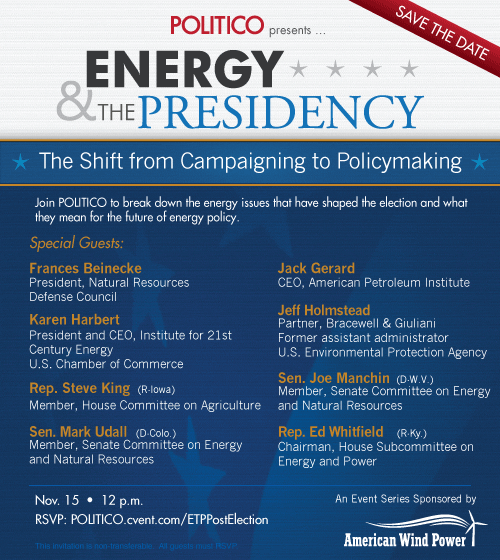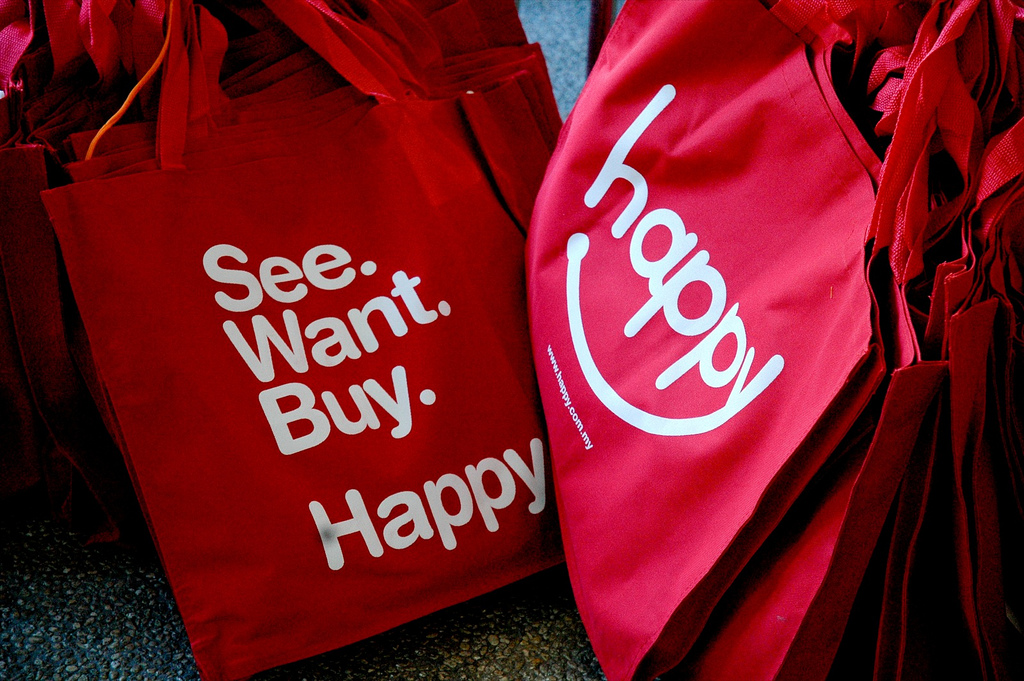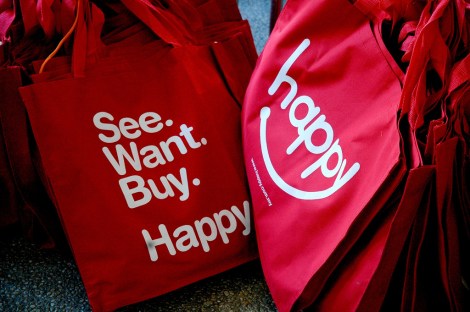If you’re a fan of buying your way to a better environment, you may be a fan of Lucy Shea’s piece at The Guardian today championing sustainable consumption and the companies that sell it.
I, on the other hand, find her logic itchier than a thrifted wool sweater.
Recently, and encouragingly, progressive brands have been using their well-honed persuasion muscle to cajole their consumers into being greener.
These brands are building behaviour change into products, modelling green lifestyles through behavioural placement and using the weight of their marketing expertise to persuade. These are the three P’s of brands and behaviour change …
Take, for example, McDonald’s:
Keen to play a more active role in reducing litter in its communities, the company began to put comparative pictures of a littered street scene next to a litter-free street scene on its food trays and packaging. The simplicity of this visual cue, together with clear messaging on packaging, combines consciously directive messaging with subconscious visual clues to change behaviour. The company reported a 25% reduction in complaints from neighbours about litter. …
Axe shower gel (known in the UK as Lynx) promotes the radical idea to its teenage male customers — a notoriously hard demographic to turn green — that sharing a shower uses far less water. Shamelessly (but effectively), it ran a press and online video campaign showing a male silhouette waving from under a shower with a female figure either side of him.
I know, I know, shopping fun yay! And little changes are nice, and important. But, seriously, McDonald’s?
It seems counterintuitive and even kind of gross to look to multinational brands for social cues on changing destructive human behavior. Yes, I called Western overconsumption destructive. Now where’s my eco-friendly shower gel?




